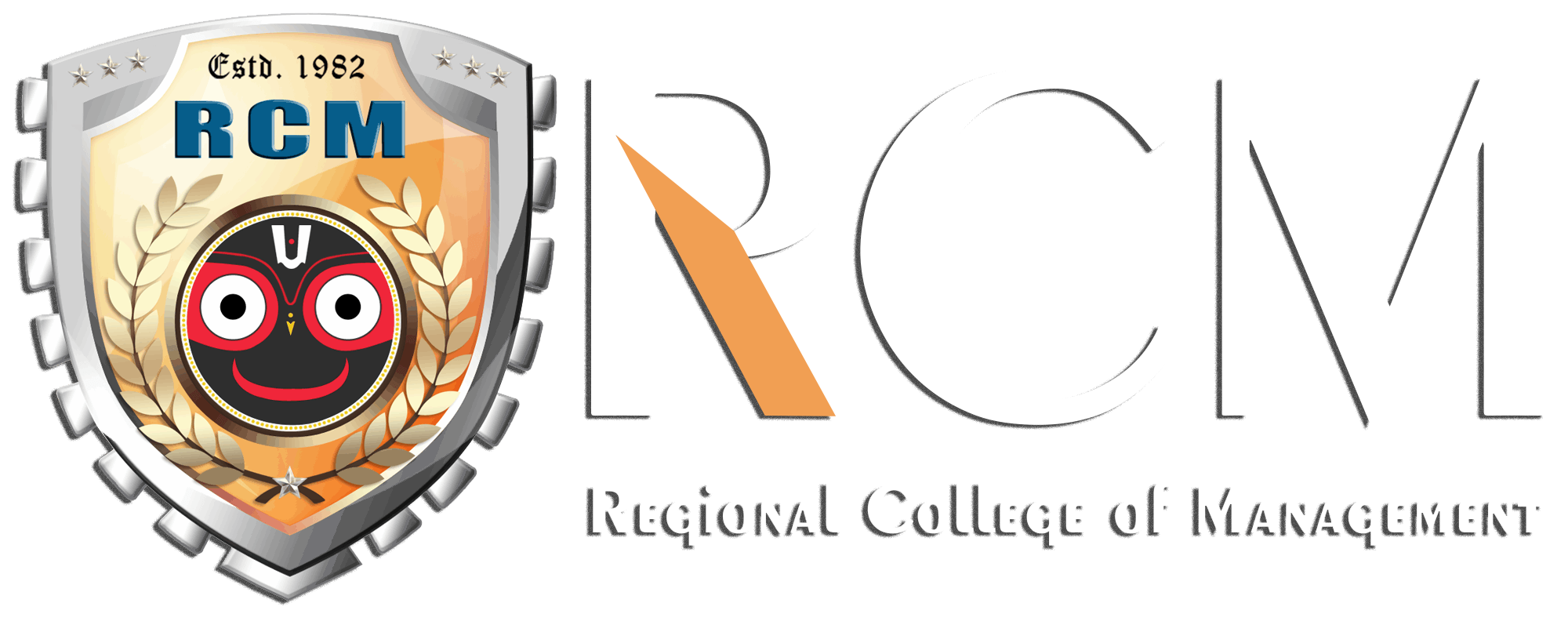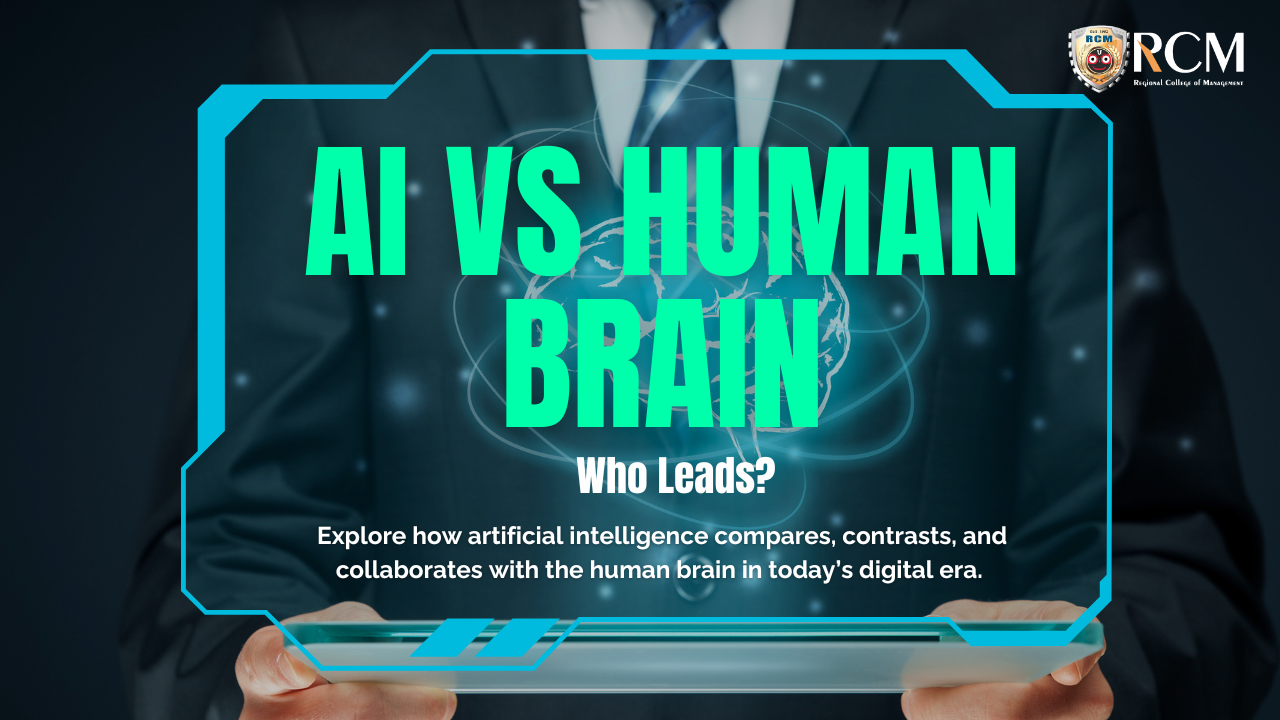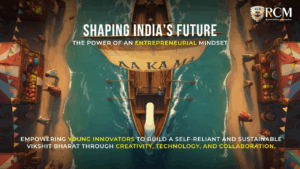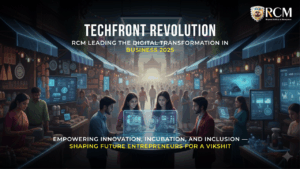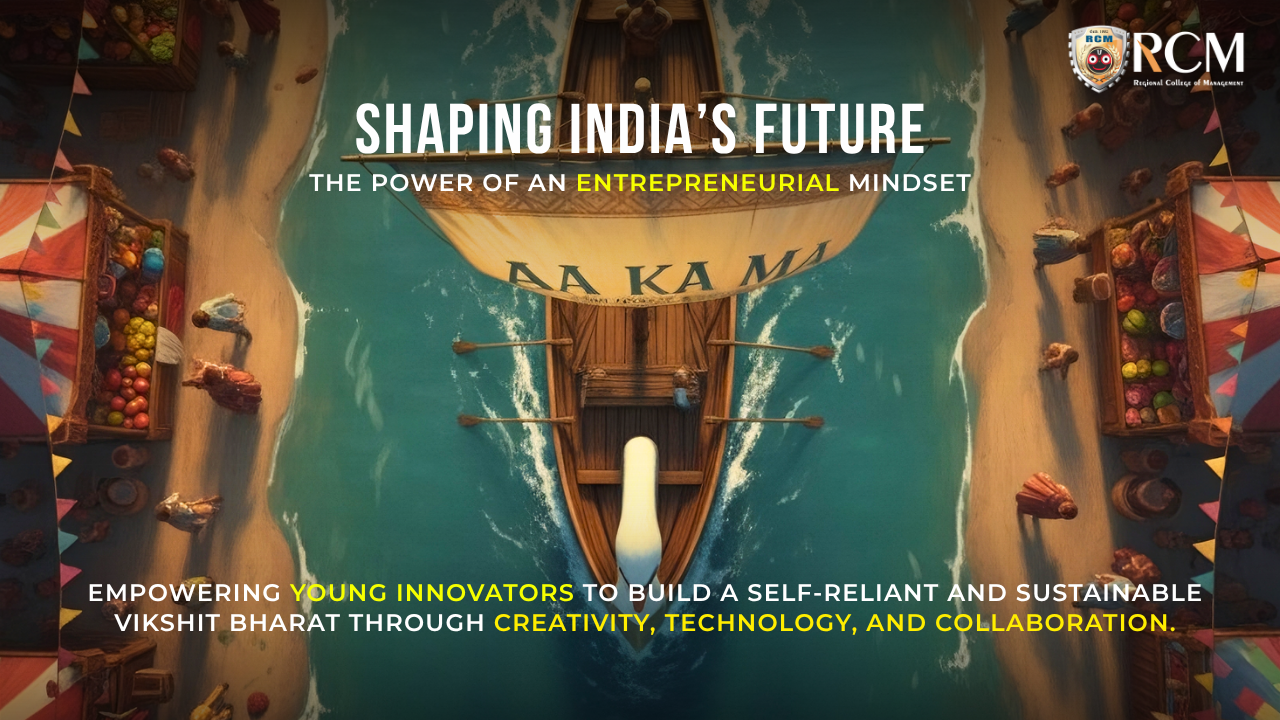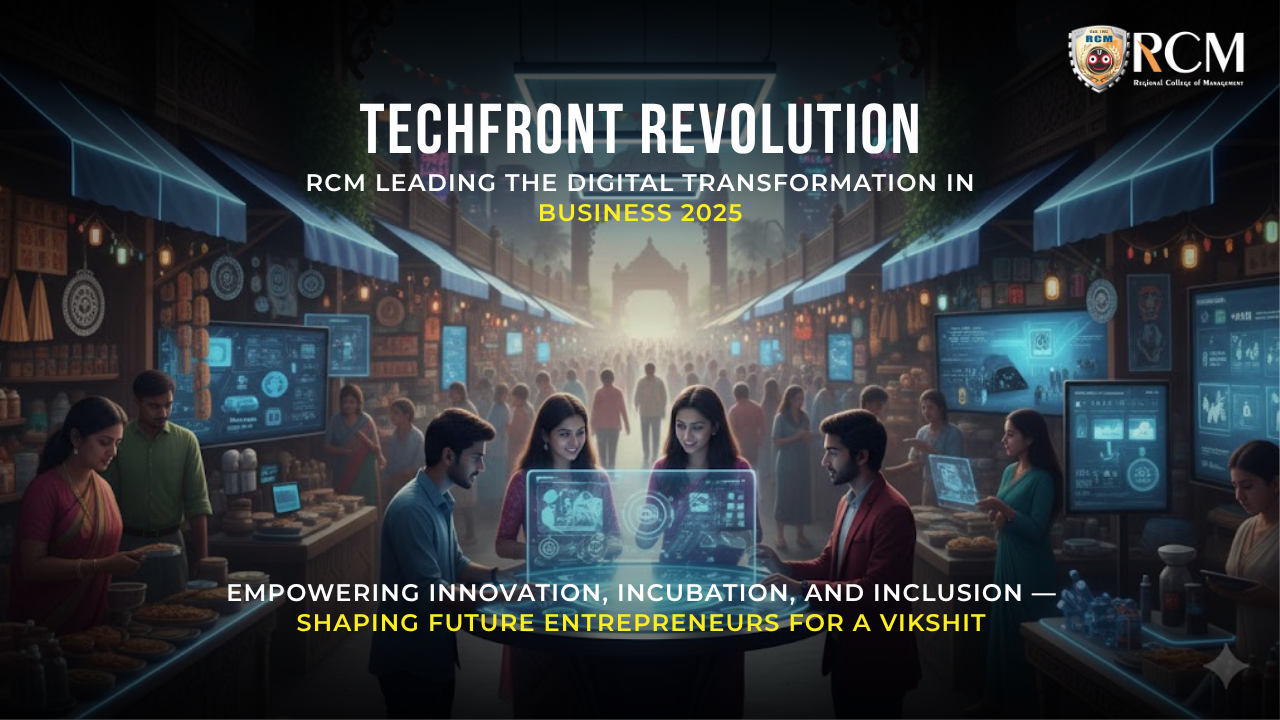Artificial intelligence and the human brain differ in how they process information—AI uses algorithms and data patterns, while the human brain relies on emotion, intuition, and experience. While AI excels at speed and accuracy, the human brain leads in creativity, empathy, and ethical reasoning, making them complementary, not competitive.
In the rapidly evolving world of technology, one of the most intriguing and widely discussed topics is the relationship between artificial intelligence and human intelligence. As AI continues to reshape industries and redefine how we interact with machines, the comparison between AI and the human brain becomes ever more relevant. From mimicking thought patterns to solving complex problems, AI is now advancing into domains that once belonged solely to humans.
This blog explores how AI and the human brain compare, how artificial intelligence is modeled after neurological structures, and why understanding this dynamic is critical in 2025 and beyond. Whether you’re a student, tech enthusiast, or aspiring data scientist, knowing the boundaries and overlap of AI and human intelligence can set the foundation for a meaningful career in artificial intelligence.
What Is the Relationship Between AI and the Human Brain?
Artificial intelligence (AI) refers to machines designed to simulate human thinking and decision-making. Human intelligence, on the other hand, originates from the human brain—a highly complex biological structure evolved over millennia. Despite their differences in form, AI and the brain share surprising similarities in how they learn, adapt, and process information.
AI systems—especially neural networks—are inspired by how neurons in the human brain communicate. These systems are trained on large datasets to identify patterns and make decisions, much like how a human brain learns through experience.
Key Differences Between Artificial Intelligence and Human Intelligence
Understanding the difference between artificial intelligence and human brain functions is vital for anyone entering the tech field:
| Aspect | Human Brain | Artificial Intelligence |
| Learning Style | Experience-based and emotional | Data-driven and logical |
| Decision Making | Intuitive and empathetic | Algorithmic and statistical |
| Adaptability | Highly flexible | Limited by training and programming |
| Creativity | Innate and contextual | Simulated, based on data patterns |
| Energy Consumption | Highly efficient | High computational power needed |
| Processing Speed | Slower but context-aware | Faster but lacks true understanding |
These differences highlight that while AI can mimic cognitive tasks, it doesn’t truly replicate consciousness or emotional reasoning—yet.
How AI Mimics the Human Brain
AI developers often look to the brain as a blueprint. Deep learning models, for instance, consist of layers of artificial neurons that emulate how the brain processes information. Here are some parallels:
- Neural Networks: Inspired by biological neurons, AI uses interconnected nodes to analyze and learn from data.
- Memory Systems: AI uses memory storage (short-term and long-term) similar to how our brain categorizes experiences.
- Reinforcement Learning: Mimics how humans learn from rewards and punishments to reinforce behavior.
Recent advancements even explore AI models that learn faster using fewer examples—just like humans—known as few-shot or zero-shot learning.
Where the Human Brain Still Excels Over AI
While AI is evolving rapidly, it still lacks several essential human traits:
- Emotions: AI can simulate empathy through natural language, but it doesn’t truly feel.
- Ethical Reasoning: Human decisions are guided by values, beliefs, and social norms.
- Intuition: A critical aspect of human intelligence that remains outside AI’s scope.
- Common Sense: AI struggles with general knowledge that humans find obvious.
How the Brain Inspires Future AI
In 2025, research is shifting toward neuromorphic computing—creating chips that work more like the human brain. These chips consume less energy and process information more efficiently.
Moreover, AI is being used to decode human brain activity. Brain-computer interfaces (BCIs) now allow AI systems to interpret neural signals—paving the way for new medical, communication, and accessibility solutions.
AI and Human Brain Collaboration
Rather than competing, AI and the human brain are increasingly seen as collaborators. Think of AI as an extension of human intelligence, helping:
- Doctors diagnose diseases faster
- Teachers personalize learning experiences
- Businesses make data-backed decisions
- Engineers automate complex tasks
AI doesn’t replace the brain—it enhances human capabilities.
Why This Matters for Your Career
If you’re entering the tech world, especially in artificial intelligence and human intelligence studies, understanding this synergy gives you a clear edge. Recruiters now seek professionals who grasp both the mechanics of AI and the neuroscience behind human thinking.
Courses that cover AI and human brain topics equip students with:
- Knowledge of cognitive science
- Programming and machine learning fundamentals
- Ethics of AI and decision-making
- AI model design inspired by brain function
Career Opportunities in AI and Human Intelligence Fields
With the growing fusion of AI and neuroscience, new career paths are emerging:
- Cognitive AI Researcher
- AI Ethicist
- Neural Network Architect
- Brain-Computer Interface Developer
- AI Health Tech Analyst
RCM Bhubaneswar: Learn the Science of Intelligence
At RCM Bhubaneswar, we recognize that the future of technology lies at the intersection of AI and the human brain. That’s why our industry-aligned PLUS Program offers comprehensive education in artificial intelligence and human intelligence.
RCM’s AI-driven courses under MBA, BBA, MCA, BCA, and PGDM include:
- Brain-inspired computing techniques
- AI ethics and human values
- Machine learning with real-world projects
- Cross-disciplinary learning from psychology and computer science
Why Choose RCM?
- Microsoft and Google-integrated curriculum
- AI labs with hands-on model building
- Career support in AI, neuroscience, and analytics
- Certifications in AI and emerging tech
Final Takeaway: AI Is Powerful, But Human Intelligence Is Priceless
The ongoing comparison between AI and human brain reveals not a rivalry—but a partnership. The future belongs to those who understand both sides of intelligence: computational and cognitive.
If you’re ready to explore this exciting frontier, RCM’s PLUS Program is your launchpad to success.
Enroll now in RCM’s AI programs and bridge the gap between artificial intelligence and human intelligence.
FAQs
- What is the difference between AI and human intelligence?
AI processes data and patterns; human intelligence involves emotion, consciousness, and reasoning. - Can AI replace the human brain?
No—AI can mimic some tasks but lacks emotion, empathy, and self-awareness. - How does artificial intelligence learn?
AI learns from data through algorithms, especially via machine learning and neural networks. - Why compare AI with human intelligence?
To understand the strengths, limitations, and how both can collaborate for innovation. - Is AI smarter than humans?
AI is faster at calculations, but human intelligence excels in creativity and ethical reasoning.
